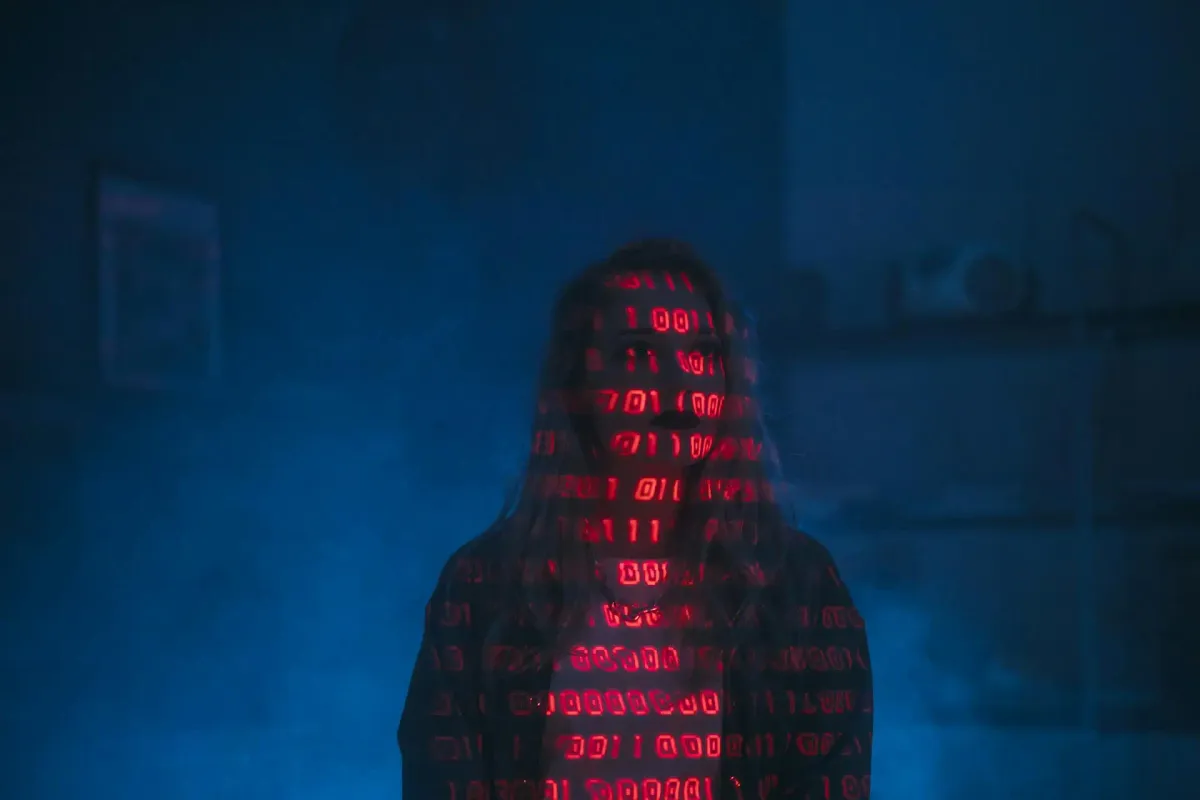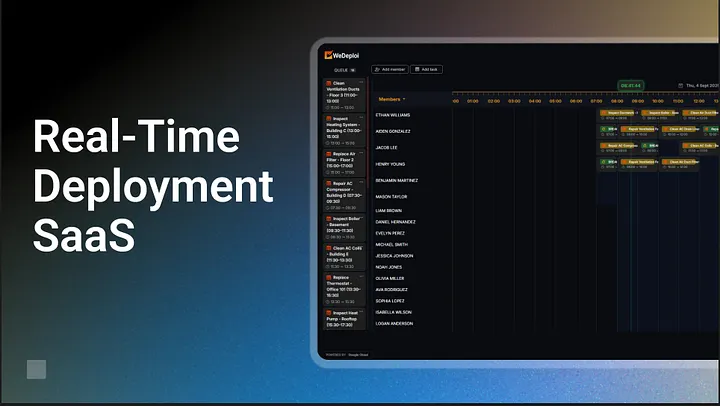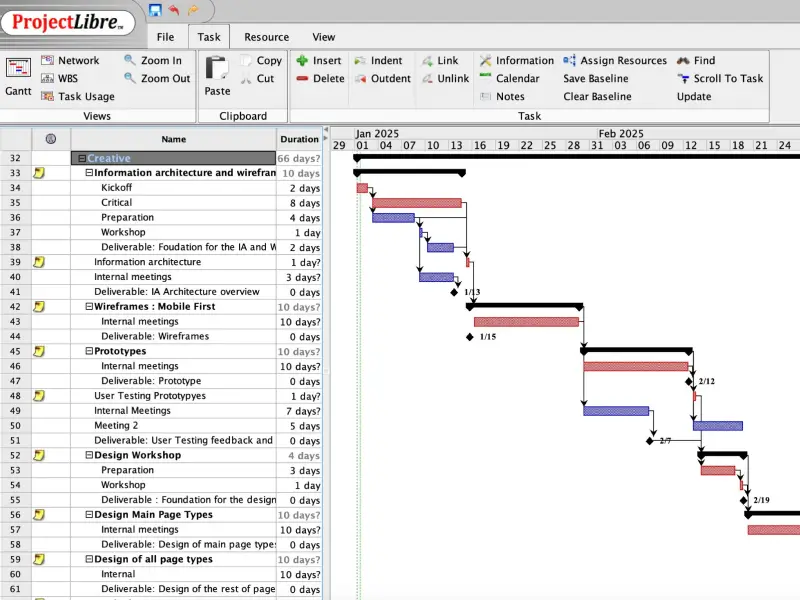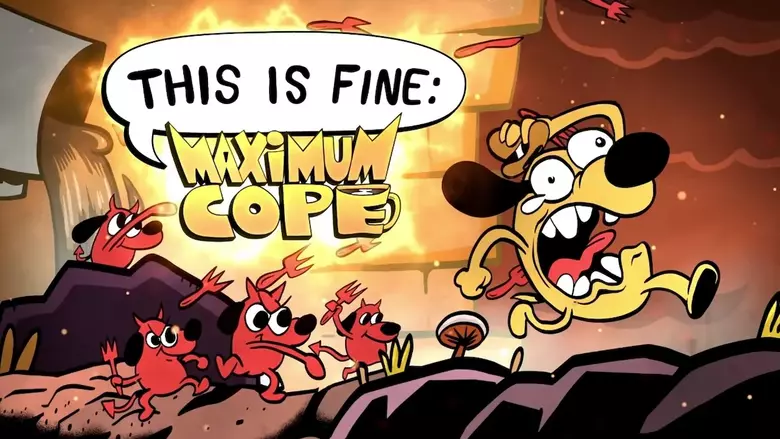Who Really Owns Your Digital Identity?
Inside the Creator Economy’s Fight to Reclaim Its Reputation

F or decades, creators writers, artists, influencers, musicians have built their brands on platforms they don’t own. Their profiles, reputations, and livelihoods rest on the servers of centralized companies. But what if that could change? Emerging technologies in decentralized identity (DID) are offering creators a way to own their digital identities and it could upend the power structure of the creator economy.
When Your Reputation Isn’t Yours
Take Maya, a mid-tier video producer with tens of thousands of followers on a major social platform. One day, she posts a piece that violates the platform’s opaque policy. Her content is demonetized, her reach is restricted, and her hard-earned audience begins to dissipate. She tries appealing but even if she wins, there’s no guarantee the platform will restore her previous “standing.” Her reputation, for all practical purposes, remained at the mercy of someone else’s rules.
Maya is not alone. Numerous creators report mass deplatforming, algorithmic suppression, or sudden demonetization. The rise of DID proposes a radical alternative: a model where creators don’t just lease their identity from platforms they own it.
What Is DID, Really?
At its core, a Decentralized Identifier (DID) is a cryptographic, self-owned identifier generated and controlled by the user, not by a corporation or government. Wikipedia+2Medium+2 It comes paired with Verifiable Credentials (VCs): digitally-signed attestations that prove elements of identity (such as achievements, reputation, membership) in a tamper-evident way. Microsoft+1 These credentials are stored in a user’s wallet not on a centralized server. DSR Corporation+1
Here’s how the system works in three parts:
- Holder: The creator, who generates a DID and stores VCs in their own wallet. Built In+1
- Issuer: Trusted parties platforms, brands, communities that issue credentials (e.g., “Creator A collaborated with X”, or “Produced viral video”). Gate.com+1
- Verifier: Services (or future platforms) that verify those credentials using cryptographic proofs. Gate.com
Because DIDs are self‑sovereign, creators maintain full control: they decide which credentials to share, when, and with whom. Veridas
Reputation That Travels With You
Imagine Maya’s scenario again but this time, she has a DID. Over the years, different issuers vouch for her work: she earns a “Verified Creator” credential from a respected brand, a “Top Collaborator” credential from a co-creator community, and a “Video Award Winner” credential from a digital arts collective. All these credentials live in her wallet, tied to her DID.
Then she chooses to migrate: she no longer relies on a single centralized platform. Instead, she joins a Web3-native creator platform that supports DID-based identities. When she signs up, she presents her verifiable credentials. The platform validates them cryptographically and now, her identity and reputation come with her. They aren’t lost. No reapplication, no rebuilding from zero.
This portability is perhaps the most powerful shift: reputation becomes owned, portable, and persistent—not locked behind the walls of a single platform.

sponsored by WeDeploi
Trust Without Middlemen But Not Without Risk
Platforms today act as gatekeepers. With DID, the “issuer” role becomes more distributed any trusted party can issue credentials. But that introduces a delicate trust dynamic: how do you ensure that the credentials are legit?
Here’s where it gets tricky. In DID ecosystems, credibility often comes from multiple attestations or “endorsements” from established issuers like brands, institutions, or past collaborators. Valuable Paper Backup Over time, a creator’s DID becomes more credible, as a web of verifiable credentials builds up. Medium+1
But because DID systems can be bootstrapped by almost anyone, there’s a risk: bad actors issuing fraudulent credentials, or “identity inflation” by untrusted issuers. Without well-established standards or trust frameworks, the system could mirror the very problems it seeks to solve.
Platforms vs Self‑Sovereignty
If creators begin to truly own their profiles and if other platforms accept DID-based credentials what happens to platform centralization? For platforms, that risks undermining their core value proposition: controlling creator data, engagement, and identity.
Some platforms might resist, or try to issue their own credentials in a closed loop. Others may embrace DID as a way to reduce moderation burden or to attract creators frustrated with centralized systems.
This is not just a technical battle it’s an economic one. Platforms profit massively from creator activity. If creators migrate to decentralized alternatives, platforms could lose one of their most valuable assets: identity lock-in.
Who Holds the Keys?
Decentralized identity promises privacy, too. With cryptography and selective disclosure, a creator can share only what’s necessary. For example, she could prove “I earned a creator credential from Brand X” without revealing the brand’s entire internal data, or even without publicly revealing her full identity. ACE Journal
Still, with this power comes responsibility. If the keys to one’s DID are lost, or the wallet is compromised, there's no “reset password” option like on centralized platforms. And while DID systems are less vulnerable to massive data breaches, individual users must now guard their own cryptographic keys. Veridas
Are Creators Already Switching?
There are emerging signs that creators are exploring this shift. Web3 communities, DAOs, and decentralized social networks have begun experimenting with DID profiles. Some protocols even propose using soulbound NFTs (SBTs) non-transferable tokens tied to identity as reputation markers. Reddit
In Web3-native content platforms, creators can mint credentials, showcase earned reputation, and even link identity to wallet-based payments all without relying on a legacy platform. Medium voices and Web3 publications have started spotlighting this trend as the quest to reclaim online reputation. Medium
Challenges & Criticisms
Yet, this fight is far from settled. Several challenges loom large:
- Adoption Gap: Many platforms don’t yet support DID-based logins or credential verification. Without broad adoption, creators’ portable identity remains theoretical.
- Trust Frameworks: Who decides which issuers are credible? Without strong governance, credential value risks being diluted.
- Onboarding Costs: For creators unfamiliar with crypto or wallets, the UX is still a major barrier.
- Regulatory Risk: Regulations around identity, attestations, and data privacy may complicate DID’s mainstream acceptance.
- Security Burden: Self-sovereignty means self-responsibility: losing private keys could mean losing your reputation.
A Reddit thread from developers even warns that “the only entities that can really afford to build this out … are Big Tech … [who] have business models entirely dependent upon the opposite of privacy.” Reddit If true, the vision of decentralized identity could be co-opted by the very giants it aims to circumvent.

sponsored by WeDeploi
Why This Matters for the Creator Economy
At its heart, DID represents a paradigm shift for creators. Rather than building on rented land, creators could hold the deed. Reputation becomes real, cryptographically anchored, and truly portable.
For creators who’ve been deplatformed, demonetized, or penalized arbitrarily, decentralized identity offers a haven: a way to prove who they are, what they've built, and where their value comes from without dependence on a single company’s goodwill.
For the platforms, embracing DID could mean reimagining how identity, verification, and community work. For brands and institutions, it could mean issuing credentials that matter, across ecosystems, in a way that’s transparent and verifiable.
And for users, it could mean navigating a web where your identity follows you, not the platform.
The Investigation’s Verdict
The fight for creator identity is not just technical it’s political, economic, and deeply personal. Decentralized identity has the potential to rebalance the scales in favor of creators. But realizing that future hinges on widespread adoption, trust frameworks, and the collective will of creators, platforms, and issuers.
If the creator economy does go decentralized, it could rewrite who owns the next generation of digital reputations and that might just be the most radical shift of all.





